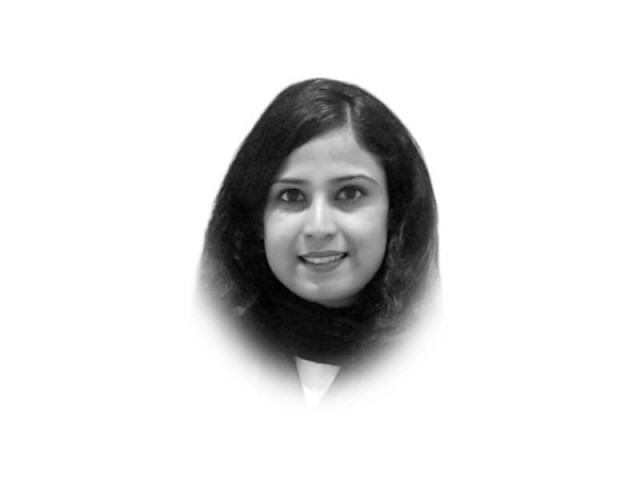The point of care
It is important to make adjustments to medications and therapies to avoid side effects and treatment failures

Healthcare providers, caretakers, and the media must prioritise individualised education and medication rescheduling for chronically ill patients as it is particularly important for those patients who intend to observe fast. Many people commonly use the phrase “health is wealth” but few understand its real meaning because its practical implementation is rare.
Mismanaging medication and facing drastic repercussions during fasting is common in people with chronic diseases. The absence of adequate individualised education by healthcare providers coupled with a lack of vigilance of long-term ill patients are the main reasons for the health risks faced by patients during the fasting period. There is also a dearth of health-related awareness programmes on mass media and informative material in the newspapers to inform patients more about health management during fasting.
All healthcare providers are responsible for ensuring special care in the form of therapeutic and medical readjustment for long-term patients who intend to fast. It has been observed that many individuals with chronic illnesses tend to skip fasting due to deficient information regarding medication rescheduling, effects of fasting on health and lack of awareness for periodic clinic visits. Also, healthcare providers have noticed that the improper scheduling of long-term running medications, non-adherence to therapy, and negligence for medical assessment have resulted in unanticipated effects of fasting on individuals. Physicians and pharmacists are generally willing to counsel patients about it. However, most patients falsely believe that there is little need for an extra-mile self-care approach.
It is important to make adjustments to medications and therapies to avoid side effects and treatment failures because of improper and irregular use of prescribed medications during fasting. Physicians and healthcare providers must include a review of the frequency of doses, the dose, the dosage form, and the medication itself. For medications taken multiple times during the day, long-acting formulations or changing dosing regimens to once or twice daily as per the clinical condition of a patient can be a suggested regimen while fasting. Some diseases also require the prevention of trigger factors and patients are advised to set a diet schedule, stay well hydrated in the evening, and stay out of the heat when possible. Thus, healthcare professionals should give special consideration to the safety of fasting and address required changes in medications schedule and lifestyles to avoid potential hazards when dealing with patients who fast.
Secondly, physical health is accorded little importance because of which there is a lack of widespread awareness about health programmes and protocols to follow during the month of fasting. As always, this year too, much of the mass media including television channels and newspapers were filled with news related to politics and economics before and during the fasting month. Health programs are largely absent from the electronic media. Although there are plenty of opportunities and platforms to support fasting patients, there is little awareness about them, which impedes patients’ ability to access them. It is essential to provide tools and resources relevant to health needs for optimal care of human beings.
Healthcare professionals must play their role in properly educating and counselling patients who intend to fast. Electronic and print media must also prioritise health-related programmes on their respective forums. More importantly, all individuals especially those suffering from illnesses must at least pay a visit to their healthcare provider before the start and at the end of the fasting month for medication rescheduling and required counselling for the sake of good health.
Published in The Express Tribune, July 31st, 2022.
Like Opinion & Editorial on Facebook, follow @ETOpEd on Twitter to receive all updates on all our daily pieces.














COMMENTS
Comments are moderated and generally will be posted if they are on-topic and not abusive.
For more information, please see our Comments FAQ